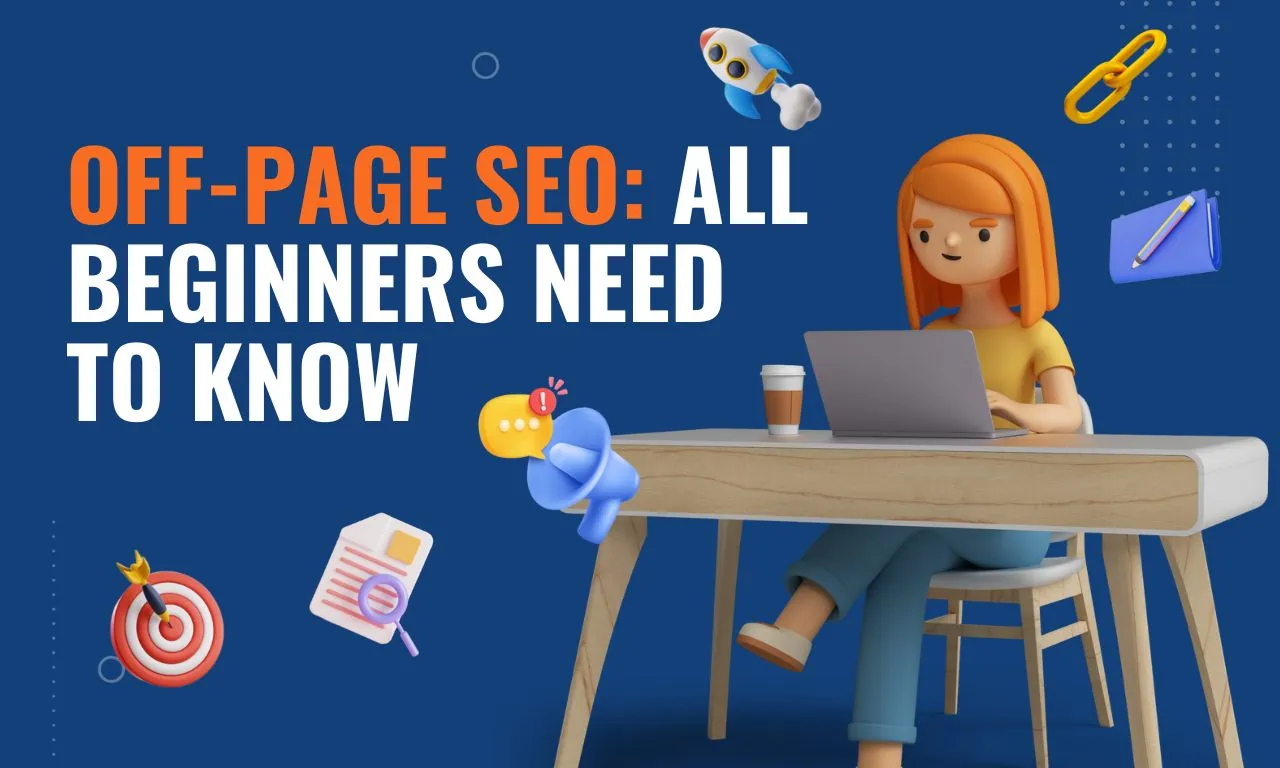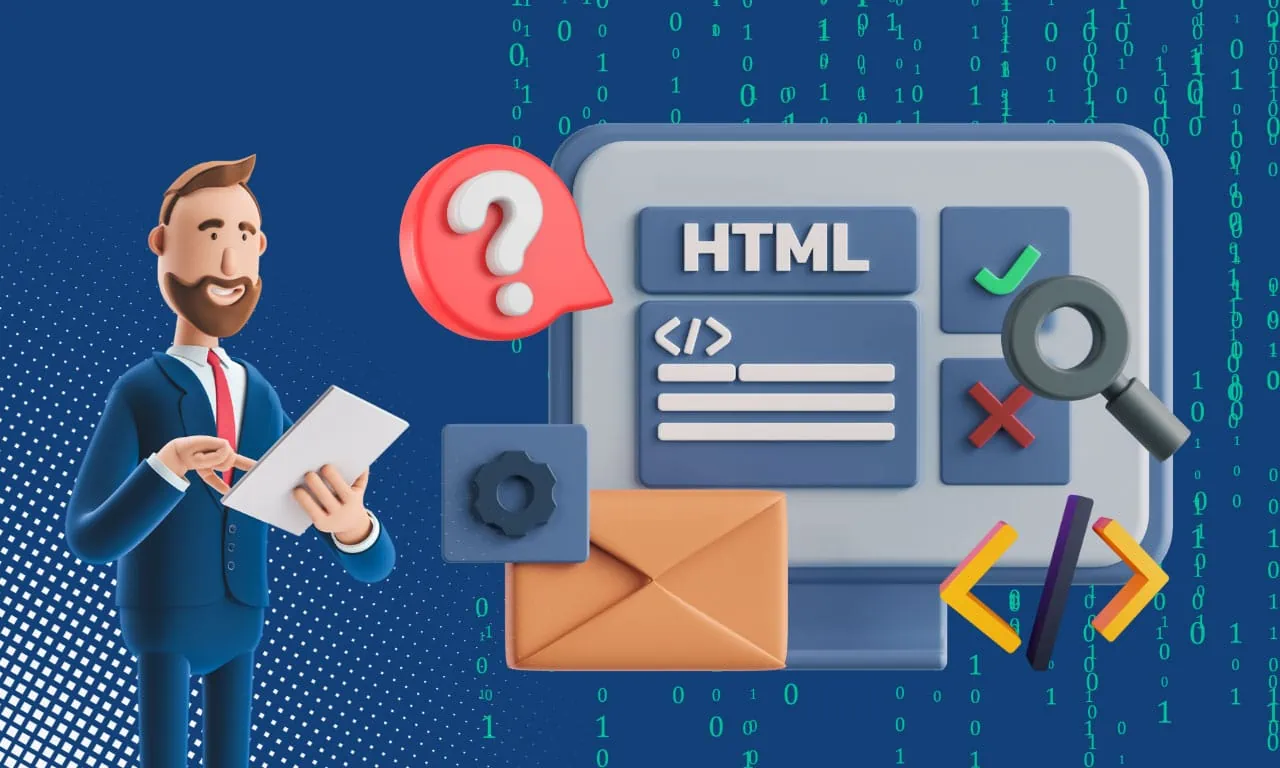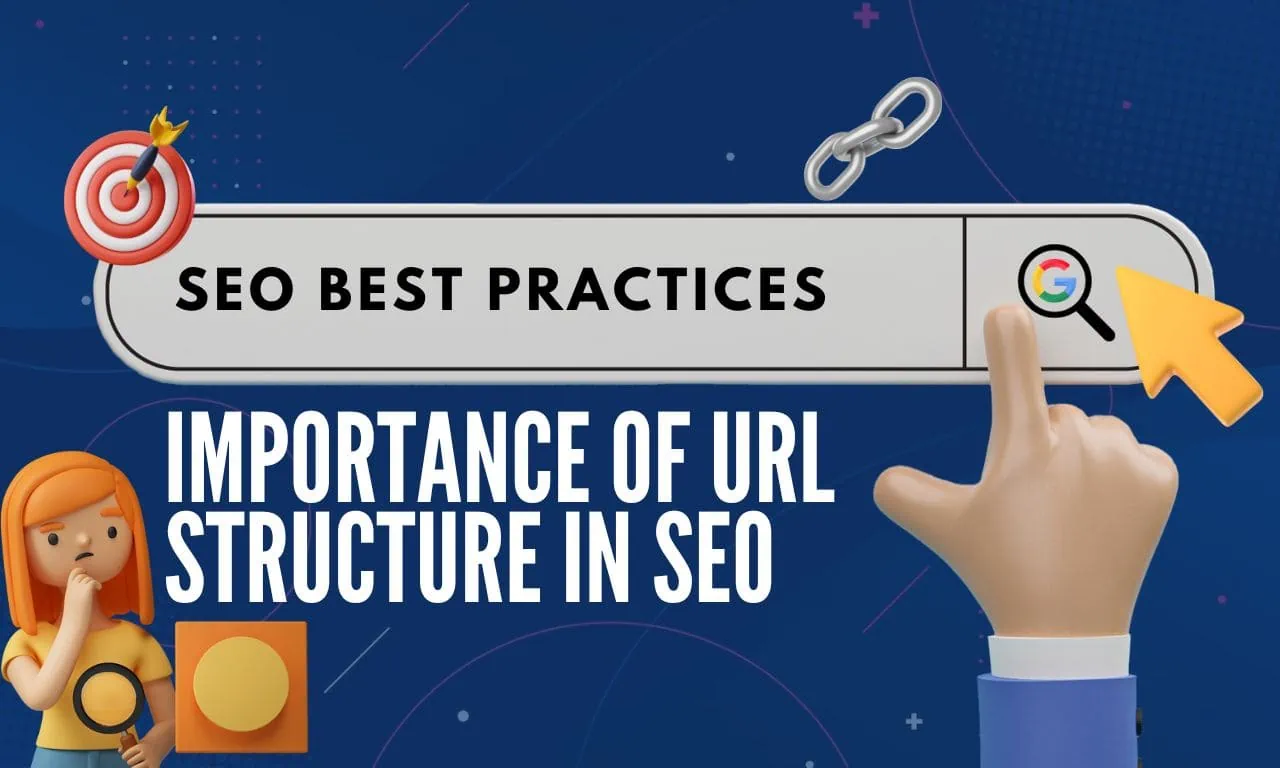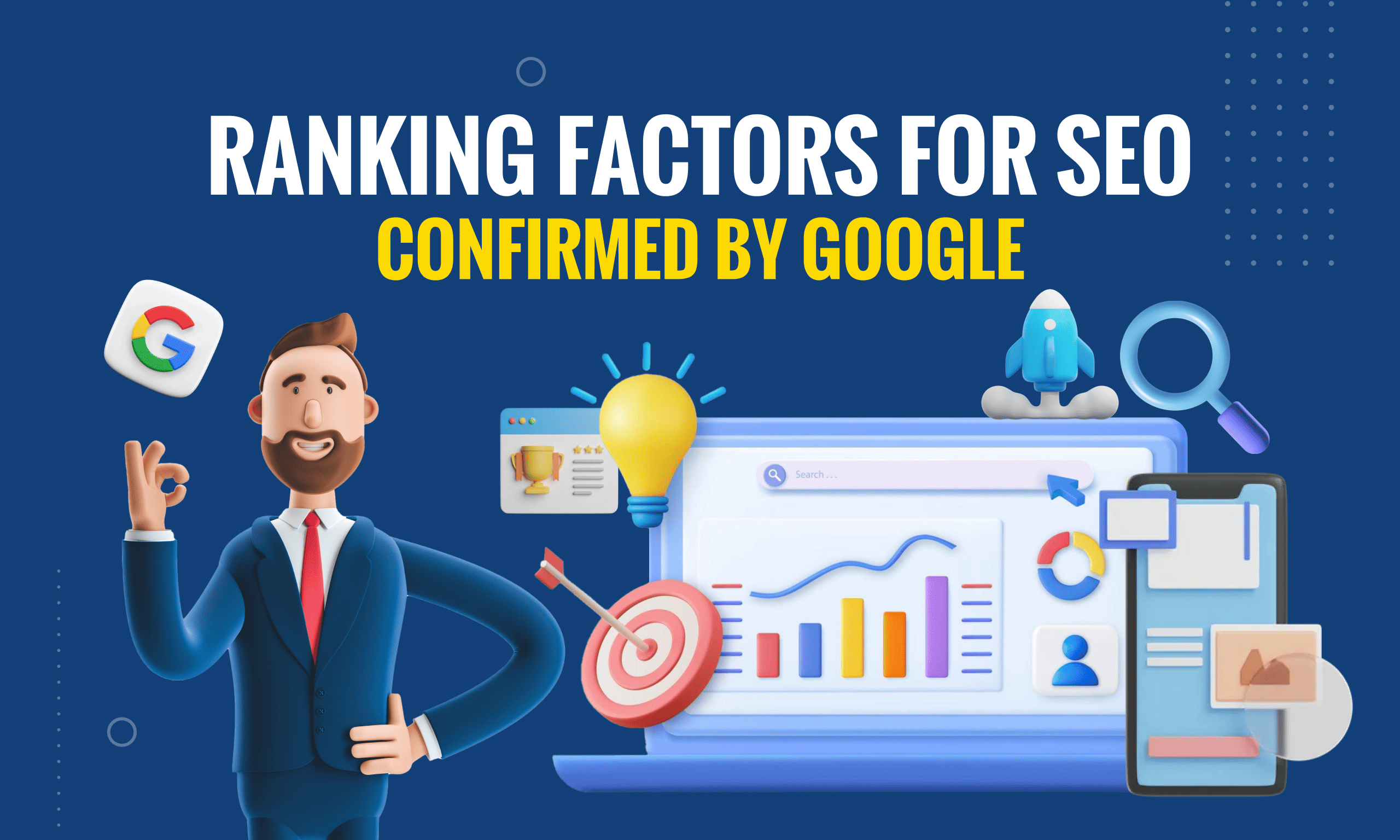Are you feeling overwhelmed by off-page SEO? You're not the only one. Many business owners and marketing professionals find themselves in the same boat. But here's the good news: mastering off-page SEO becomes much simpler once you have a solid grasp of the basics of SEO.
To help you with that, we recommend starting with our foundational guide on "What is SEO?" at Digitrio. Once you're familiar with those core concepts, the world of off-page SEO will become much more approachable. In this article, we'll keep things straightforward and jargon-free, ensuring you can confidently implement effective off-page SEO strategies. Let's dive in!
Key Takeaways
- Off-page SEO refers to activities outside of your website that impact search engine rankings.
- Off-page SEO is important because it acts as a signal for search engines, improves your online visibility, and has long-lasting effects on your website.
- We recommend you practice off-page SEO techniques such as backlinks, guest posting, social media and managing your business reviews.
What is Off-Page SEO for Beginners?
Off-page SEO is a type of SEO that refers to the actions taken outside of your own website that impact your rankings within search engine results pages (SERPs). This includes aspects like link building, social media marketing, and influencer outreach.
Contrary to what some might believe, off-page SEO is not just about backlinks. There's much more involved! It covers numerous activities that don't result in standard links on other sites.
For instance, brand mentions are an integral aspect of off-page signals. Even online customer reviews can influence a webpage's ranking indirectly because they contribute positively towards generating organic clicks.
Thus, steering clear from traditional "link-building" techniques and embracing the wider strategy is what underlies successful Off-Page SEO strategies today.
What is the Difference Between Off-Page, On-Page, & Technical SEO
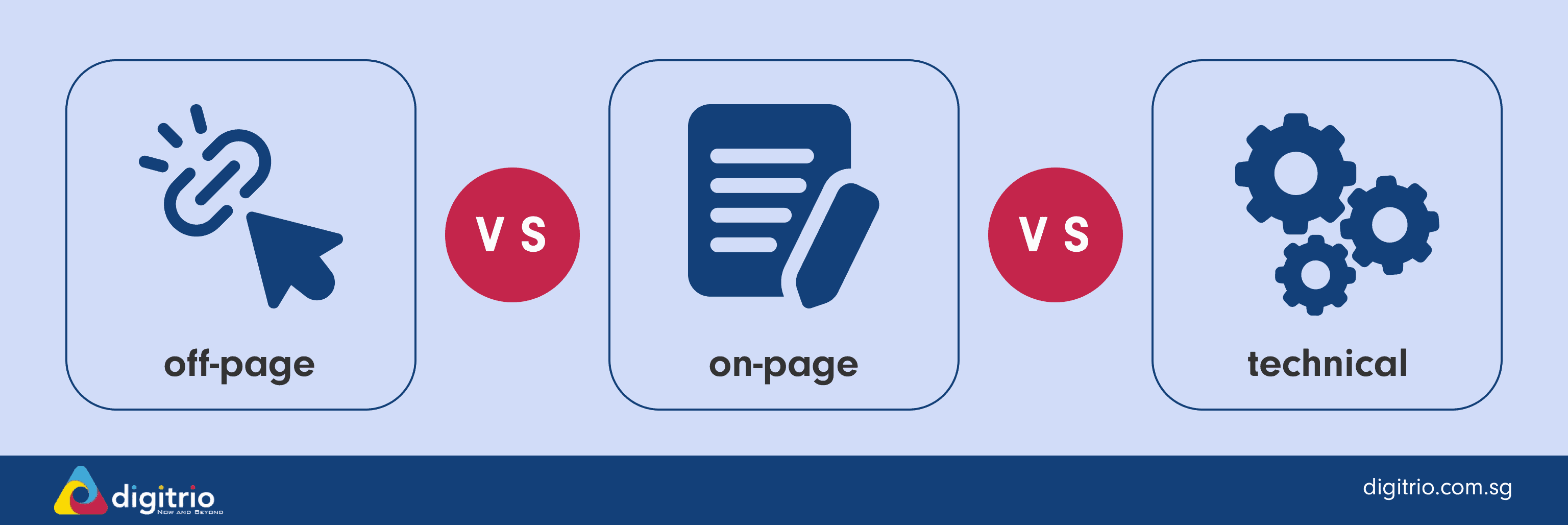
Confusion often arises around the concept of off-page SEO due to its intangible nature. Unlike on-page SEO, which involves direct changes to your website's content and layout, off-page SEO shifts focus towards external factors like social signals and backlinks from other sites.
Understanding the differences between off-page, on-page, and technical SEO is essential to developing a comprehensive SEO strategy. Here’s a quick comparison:
Below is to be formatted as a table, refer to Google doc:
Type | Description | Examples |
|---|---|---|
Off-Page SEO | Actions taken outside of your website to impact search rankings. | Building high-quality backlinks, social media marketing, guest blogging, and influencer outreach. |
Optimising website content in order to rank higher and earn more relevant traffic. | Keyword optimization, meta tags, URL structure, internal linking, and quality content. | |
Improving technical aspects of a website, like making it easier for search engine spiders to crawl. | Website speed, mobile-friendly design, XML sitemap, secure sockets layer (SSL), structured data markup. |
Why is Off-Page SEO Important?
Off-page SEO plays a crucial role in determining your website’s visibility and rank on search engine result pages. Here’s a breakdown of its benefits:
- 1Acts as a Signal to Search Engines: Off-page SEO elements tell Google that your content is valuable, relevant, and trustworthy, which is fundamental to earning high rankings.
- 2Builds reputation: Off-page SEO enhances a website's reputation, making it appear more trustworthy and authoritative, especially when the brand name is mentioned on trusted sites like Wikipedia and others.
- 3Improved Local Visibility: Off-page activities like listing businesses on directories can enhance local discoverability.
- 4Robust Social Media Presence: Social media signals are a significant part of off-page SEO, increasing brand awareness and interaction.
- 5Enhance E-E-A-T: Off-page SEO factors, such as backlinks, showcase Experience, Expertise, Authoritativeness, and Trustworthiness (E-E-A-T) which is highly valued by Google search engine.
How to Improve Off-Page SEO as a Beginner?
1. Get Backlinks from Reputable Sites in Your Industry
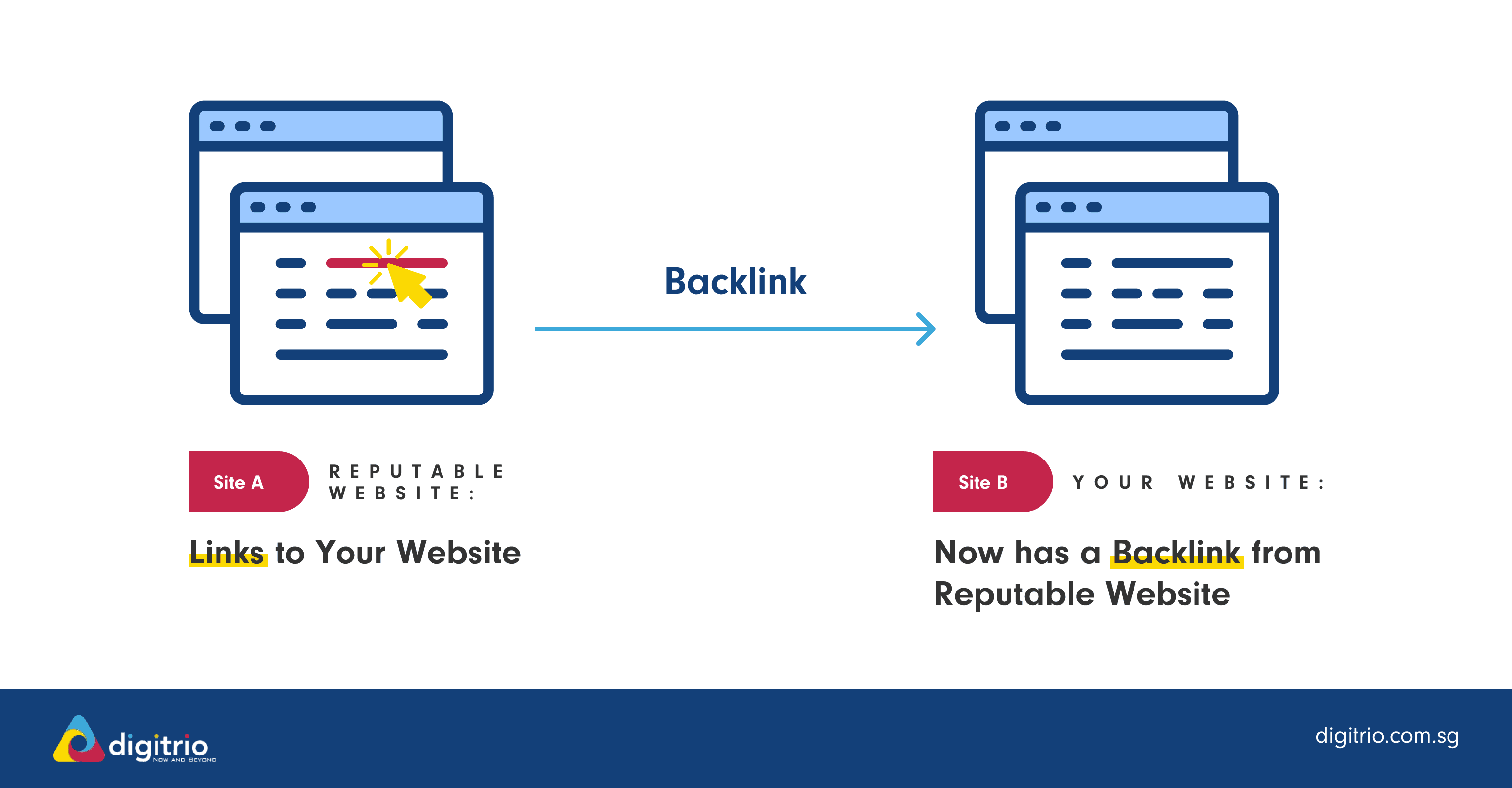
Backlinks are the links from an external website that point to your own site. Think about it like gaining a vote of confidence from another domain—it can significantly boost your credibility in Google's eyes.
You can get backlinks by creating useful, shareable content to attract natural backlinks. On top of that, you can also get your partners to link to you, especially if you’re in an industry that holds many events and collaborations.
You should avoid buying off-page SEO links as that is a black hat SEO link-building tactic that can get your website penalized by Google!
Pro Tip: Heard of broken link building? It is an off-page SEO strategy where you identify broken/dead links on other websites and then reach out to the website owners to suggest replacing those broken links with working links to your own content. Learn more about it here.
2. Be a Guest
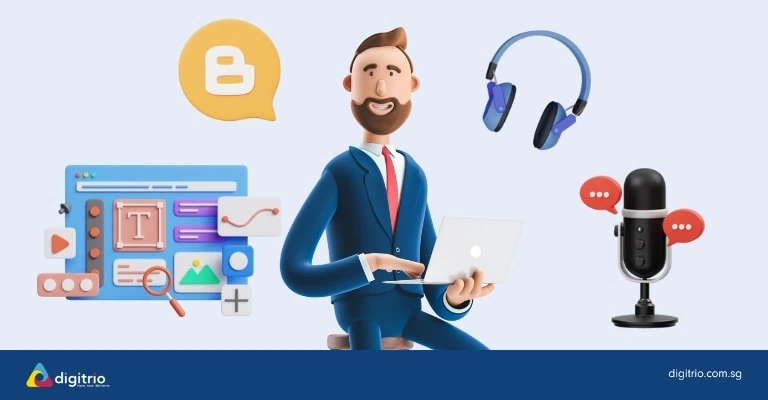
In the case of off-page SEO, being a guest means introducing yourself or your content on other websites. This can mean guest blogging, where you write a blog post for authoritative and relevant websites to help you reach a wider audience and build authority in your industry. You can also join as a podcast guest and portray yourself as an expert in the field.
3. Use Social Media Wisely

Leveraging social media platforms is more than just promoting content and interacting with your target audience. It's about strategically positioning your brand in the digital landscape. Engaging with influencers and thought leaders within your niche can amplify your reach exponentially. When these prominent figures mention your brand, it significantly boosts your visibility.
- 1Backlink Opportunities: It's true that most links from social media are "nofollow" and don't transfer direct SEO value. However, the ripple effect is noteworthy. For example, a blogger might stumble upon your content shared on social media and find it valuable enough to link from their own site. This organic discovery can lead to valuable backlinks.
- 2Amplifying Content Reach: Your content shouldn't remain static on your website. By promoting it on social media, you're not only reaching your followers but also tapping into potential new audiences. This proactive approach enhances the likelihood of your content being picked up and linked by other sites.
- 3Boosting Traffic and Engagement: Sharing content on social media isn't just about visibility; it's about driving action. While social signals might not be a direct ranking factor in SEO, the surge in traffic and heightened user engagement from social shares can have a positive ripple effect on your overall SEO strategy.
By intertwining your social media strategy with your SEO efforts, you create a synergistic approach that can yield impressive results.
4. Manage Your Business Reviews

Off-page SEO isn't just about backlinks; it's about building a strong online reputation. By actively monitoring and managing reviews on platforms like Google and Facebook, you're influencing a crucial aspect of off-page SEO. Responding promptly to both commendations and criticisms demonstrates your brand's dedication to customer experience. For B2C companies, this engagement is even more vital, as positive online sentiments can lead to increased organic visibility and trustworthiness in search engine results.
- 1Leverage Reviews for Local SEO: Reviews on platforms like Google My Business hold significant weight. They directly impact local search rankings. Positive reviews not only enhance your online reputation but also signal to search engines the credibility and relevance of your business. As users search for local offerings, those businesses with stellar ratings often secure top spots, driving more organic traffic and potential conversions.
Is Off-Page SEO Still Effective for SEO?
When it comes to off-site SEO, it is certainly still effective. However, one controversial topic is backlinks.
John Mueller from Google predicts that the strength of backlinks as a ranking factor will diminish over time. In fact, it is already known to have had less impact over time.
While Mueller acknowledges backlinks provide valuable information, he emphasises that Google aims to reduce reliance on inbound links as its algorithm becomes better at comprehending content's context within the entire web. So it is likely that backlinks will remain useful, but have a lower impact on rankings in the future.
How Long Does Off-Page SEO Take?
Off-page SEO is a process that takes time and patience. The exact duration can vary depending on various factors, such as the competition in your industry and the quality of your content.
Generally speaking, it takes several months to see significant results from off-page SEO efforts. However, it's important to note that this is not an overnight solution. Building high-quality backlinks and establishing a strong online presence does take time.
To speed up the process, you can focus on key strategies like creating valuable content that attracts natural links, reaching out to influencers for collaborations or guest blogging opportunities, and consistently promoting your website through social media channels.
Remember, off-page SEO requires ongoing effort and continuous optimization. By dedicating time and resources to this aspect of SEO, you'll be able to improve your website's visibility in search engine rankings over time.
So stay persistent and patient—good things come to those who wait!
Congrats! Now You Know More About Off-Page SEO
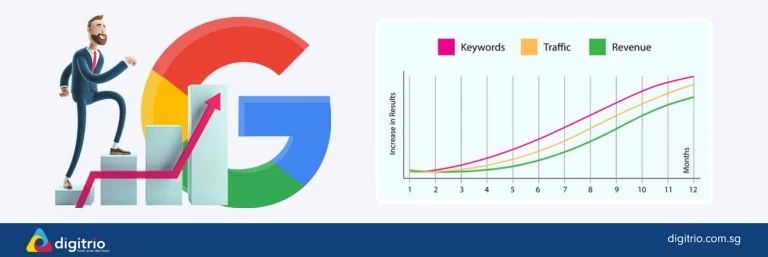
Off-page SEO is never the easiest to achieve, but when done well can really have a real impact on your Google rankings and traffic.
If you’re still unsure how to execute an off-page SEO strategy, we’re here to help. At Digitrio, our SEO expertise can help you smoothly navigate your online marketing strategy. Reach out to us for a free consultation today!
FAQ on Off-Page SEO
Google absolutely cares about off-page SEO. While on-page SEO focuses on optimizing the content and structure of your website, off-page SEO deals with external factors that can impact your site's visibility and authority.
These factors include backlinks from other reputable websites, social media signals, online reviews, and mentions from influencers. Google considers these indicators as a way to determine the relevance and credibility of your website.
On-page SEO and off-page SEO are two different aspects of search engine optimization.
While on-page SEO refers to the optimization efforts made directly on your website, such as optimizing meta tags and creating high-quality content, off-page SEO focuses on activities that happen outside of your website to improve its visibility in search engine rankings. Off-page SEO involves strategies like building backlinks from reputable websites, social media promotion, and online community engagement.
Off-page SEO and Technical SEO are two different aspects of optimizing a website for search engines.
While Off-Page SEO focuses on factors outside the website itself, such as backlinks and social media presence, Technical SEO deals with improving the technical aspects of a site to enhance its visibility in search results.
You can think of Off-Page SEO as your online reputation management, while Technical SEO is like fine-tuning the engine under the hood of your website.

